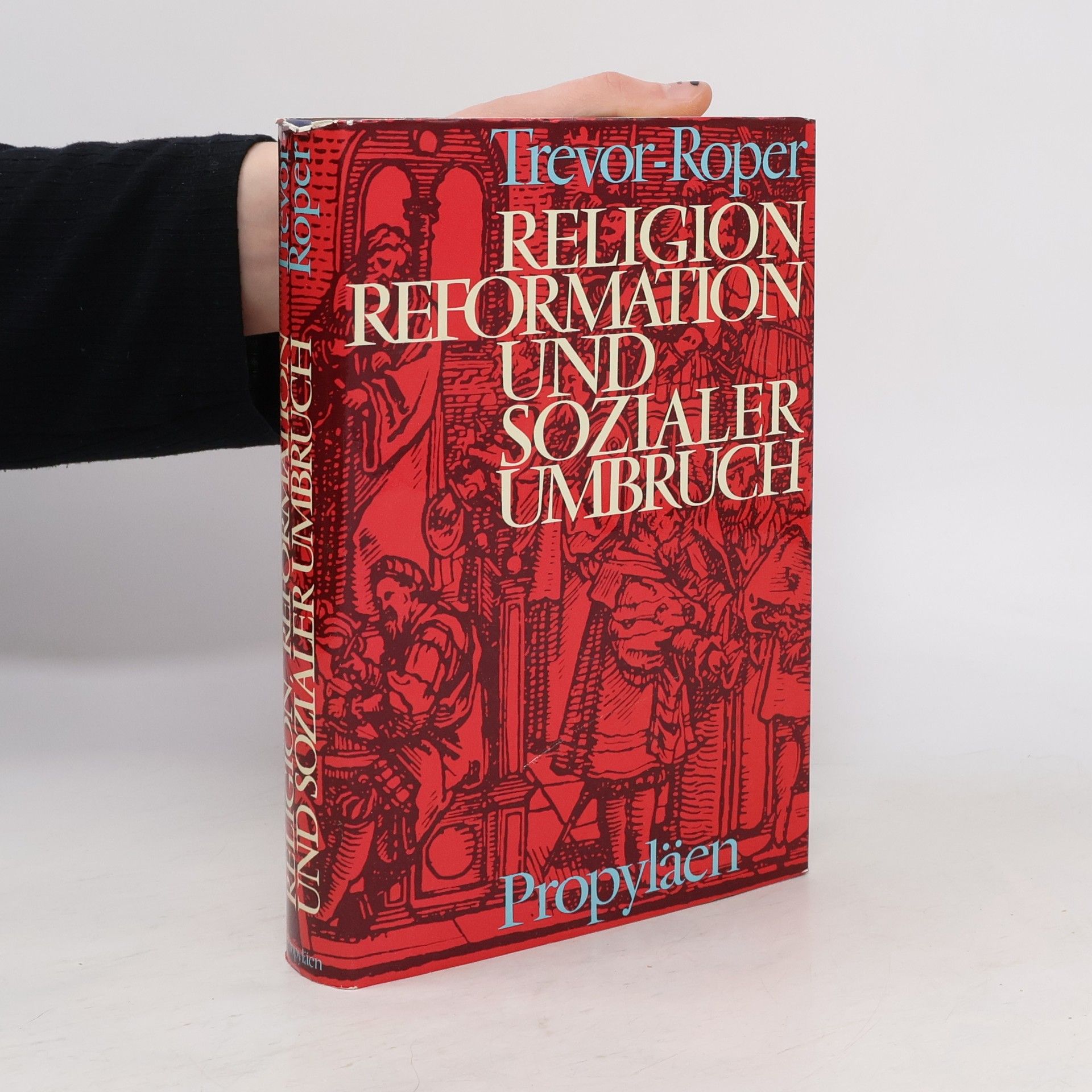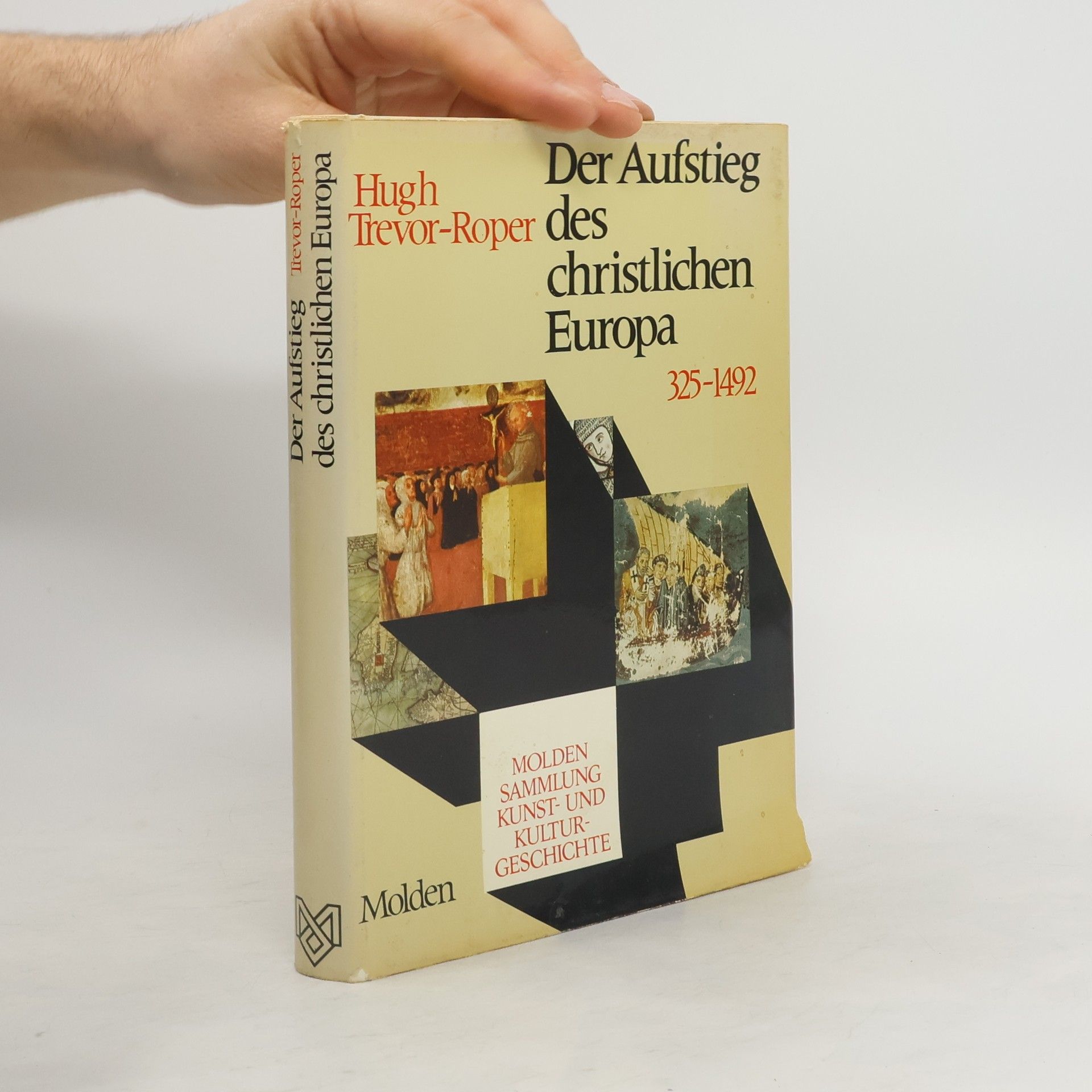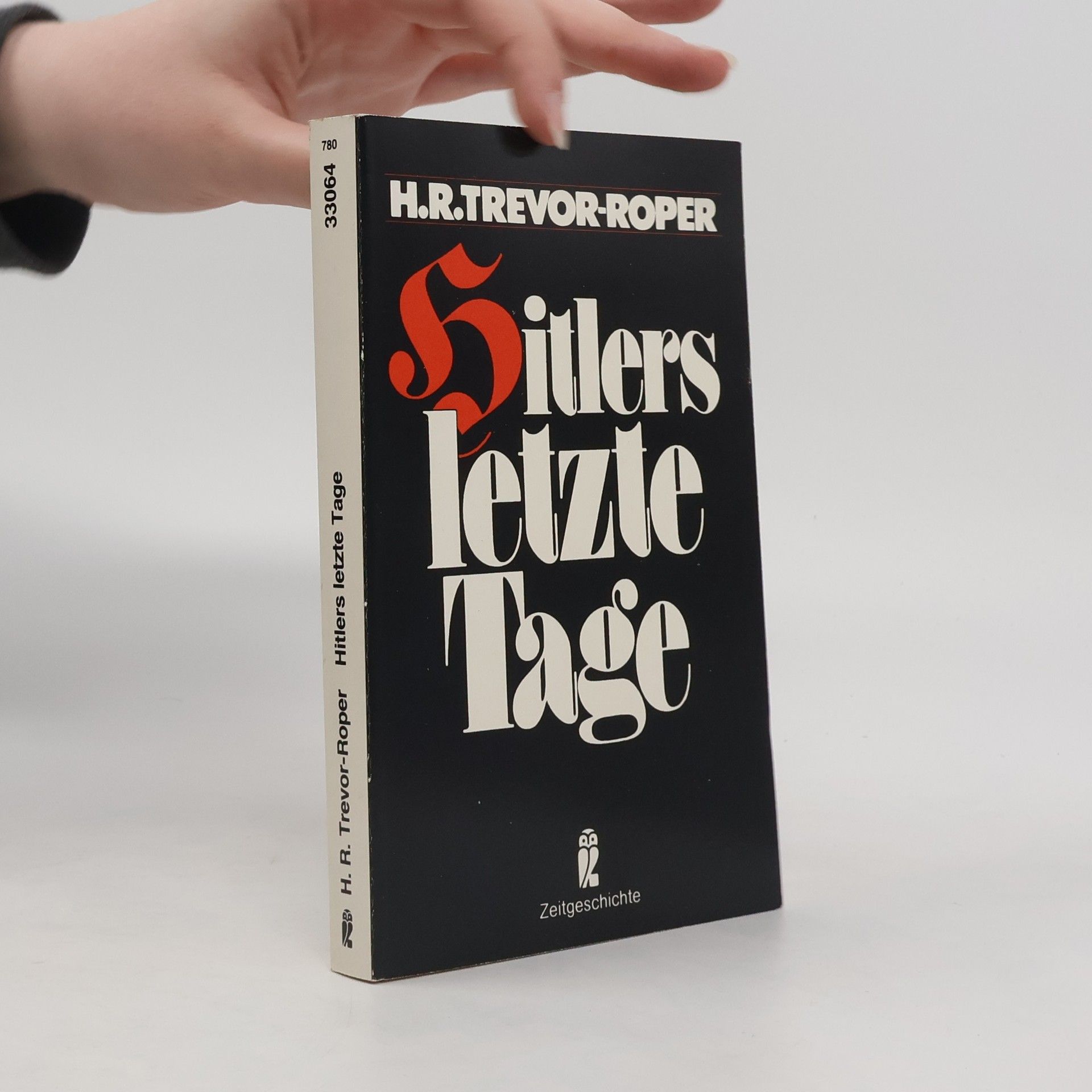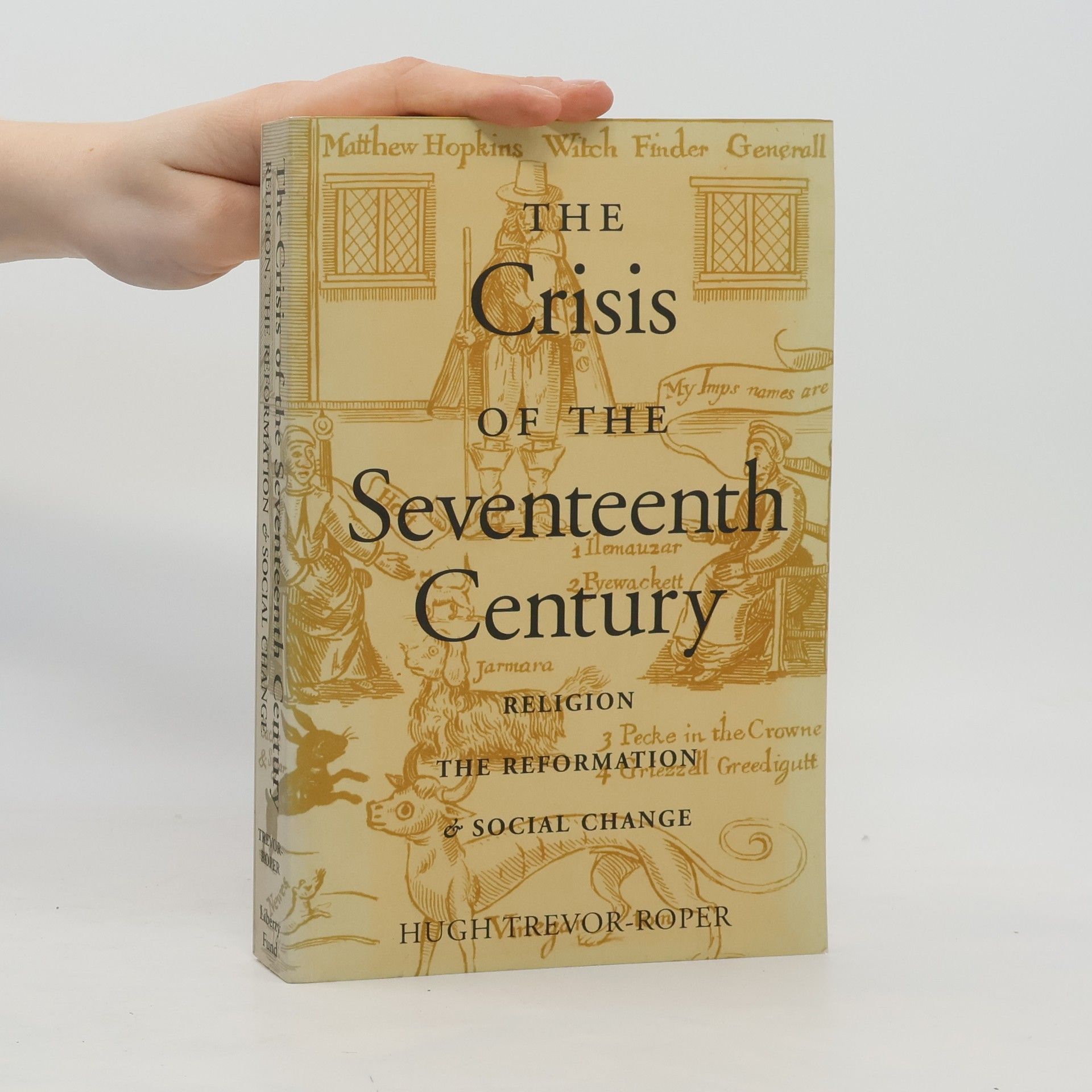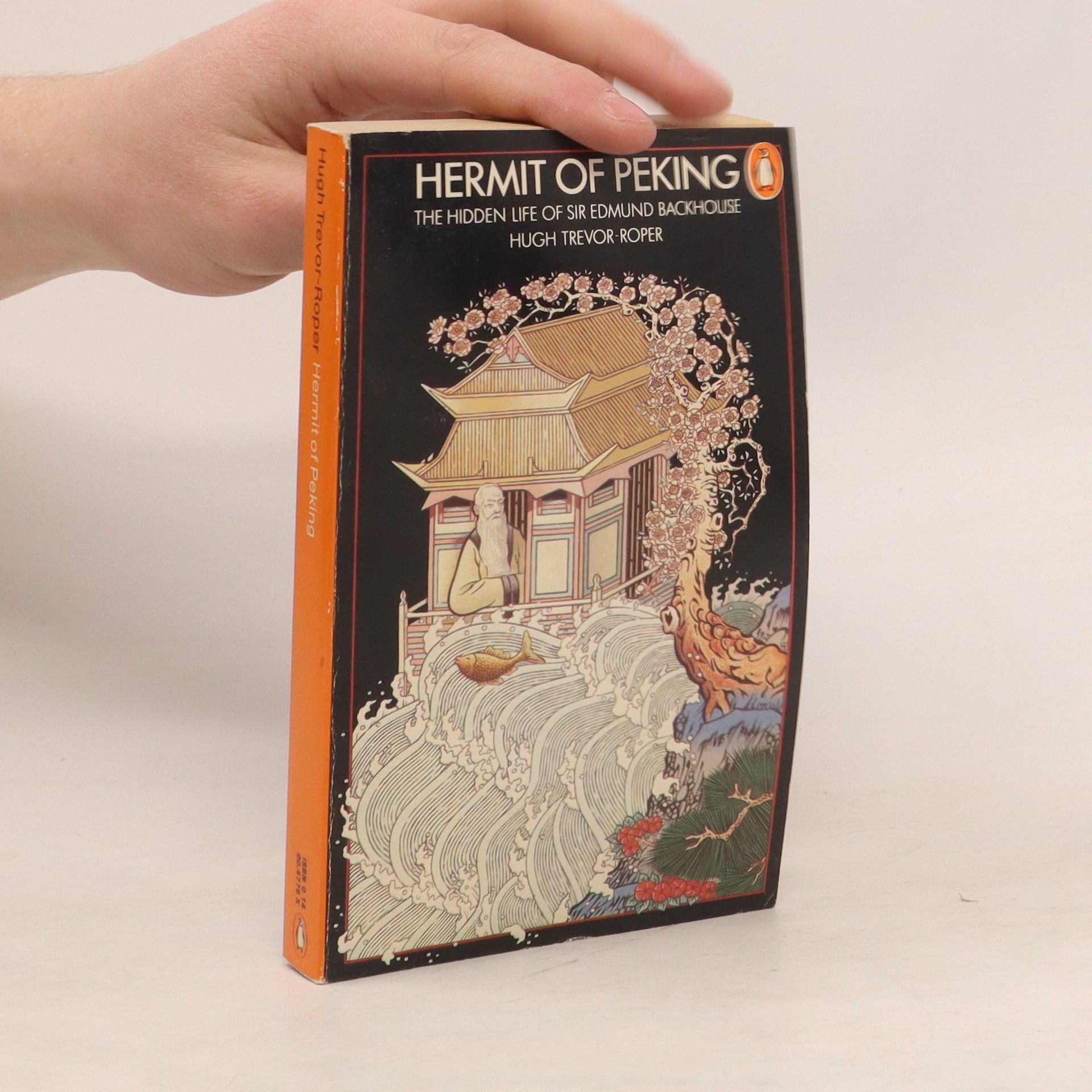Der Eremit von Peking
Die Geschichte eines genialen Fälschers
Jing Shan, ein Mandschu-Gelehrter aus vornehmer Familie und Verwandter der Kaiserinwitwe, wurde während des Boxeraufstands 1900 ermordet. Edmund Backhouse rettete Shans Schriftrollen, darunter ein geheimnisvolles Tagebuch, das die Ereignisse am Kaiserhof während des Aufstands detailliert beschreiben soll. Neun Jahre lang hielt Backhouse seinen Fund geheim, bis er Teile davon in China veröffentlichte. Das Buch wurde zum Klassiker und prägt bis heute unser Bild von China, basiert jedoch auf einer grandiosen Fälschung von Backhouse. Hugh Trevor-Ropers Untersuchung des Tagebuchs beleuchtet das Leben eines Gelehrten und Gentlemans, der ein Meister der Camouflage war. Trotz seines Ansehens als Wissenschaftler und Kenner Chinas, der wertvolle Handschriften und Dokumente an die Bodleian in Oxford spendete, erfand Backhouse absurde Geschichten. Er fälschte Dokumente und Empfehlungsschreiben, gab vor, Freundschaften mit berühmten Persönlichkeiten zu haben, und betrügte Unternehmen. Er hielt Minister und Kriegsherren, aber auch Familie und Freunde mit seinen Geschichten zum Narren. Ein amerikanischer Geschäftsmann bezeichnete ihn als den bemerkenswertesten Schurken in Fernost, während Backhouse selbst von einem „aufregenden Leben im Verborgenen“ sprach.
